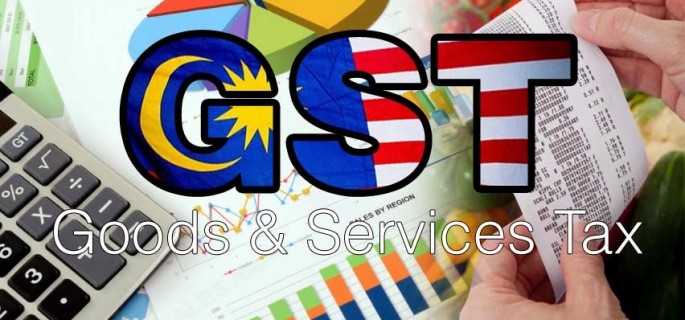Economical Options for the very best GST Registration Services in Singapore
Economical Options for the very best GST Registration Services in Singapore
Blog Article
From Beginning To End: The Ultimate Roadmap to GST Enrollment for Companies Looking For Financial Stability
Navigating the intricacies of Item and Solutions Tax (GST) enrollment is a crucial action for services making every effort for monetary stability. From comprehending the essential principles of GST to abiding by post-registration guidelines, the procedure can seem intimidating at initial glance. Nevertheless, damaging down the roadmap into manageable actions can improve the enrollment journey for organizations looking to boost their financial standing. Allow's discover the crucial components that compose this supreme roadmap and discover exactly how each phase adds to laying a strong foundation for financial success.
Comprehending GST Fundamentals
Diving into the basic principles of Goods and Services Tax (GST) is vital for acquiring a thorough understanding of its effects on businesses and the economic situation. Input Tax Credit History (ITC) is a substantial feature of GST, allowing services to declare credit rating for tax obligations paid on inputs, minimizing the general tax obligation worry. Understanding the fundamentals of GST is important for companies to comply with tax obligation laws, manage their financial resources successfully, and add to the nation's economic growth by getting involved in a transparent tax system.
Eligibility Standards for Registration
To sign up for GST, businesses have to meet certain eligibility criteria established by the federal government. The primary qualification demand is that any kind of service entailed in the supply of products or solutions with a yearly aggregate turnover above the threshold restriction established by the authorities must register for GST. As of the present policies, the threshold limitation for GST registration is a yearly accumulation turn over of 40 lakhs for services operating within a state, with the exception of special classification states where the limit is 20 lakhs. Furthermore, certain organizations are required to register for GST regardless of their turnover, such as interstate suppliers, casual taxable persons, and companies reliant pay tax under the reverse cost mechanism. It is essential for services to thoroughly analyze their turn over and purchase kinds to determine their GST registration responsibilities properly. Failure to register for GST when eligible can lead to charges and lawful repercussions, making it crucial for businesses to follow the specified eligibility standards.
Records Needed for Enrollment
Having fulfilled the qualification criteria for GST registration, businesses have to now guarantee they have the requisite papers in position to proceed with the registration process successfully. The papers needed for GST enrollment generally include proof of organization constitution, such as partnership deed, registration certification, or incorporation certificate for various types of businesses. Furthermore, companies need to provide files establishing the primary place of business, such as a rental contract or electrical power costs. PAN card of business, along with the identity and address evidence of promoters/partners/directors, are important for confirmation functions. Financial institution account statements, together with terminated cheques or a duplicate of the bank passbook, are required to validate the economic details offered during enrollment. Organizations must have electronic signatures all set for the licensed signature. Making certain all these papers are organized and conveniently available will speed up the GST enrollment procedure, allowing companies to adhere to tax regulations flawlessly.
Step-by-Step Enrollment Refine
Commencing the GST registration procedure includes a collection of organized steps to guarantee a certified and smooth enrollment for services. The initial step is to go to the GST portal and submit the enrollment kind with precise details of business entity. Following this, the candidate receives a Temporary Reference Number (TRN) which is made use of to return to the application process if it's not finished in one go.
Next, all needed records according to the checklist supplied by the GST portal requirement to be submitted. These papers normally include evidence of service identification, address and registration evidence recommended you read of promoters, financial declarations, and service entity's PAN card.

Post-Registration Conformity Standards

Verdict
Finally, services looking for economic security should understand the fundamentals of GST, meet qualification requirements, gather necessary documents, comply with the detailed registration process, and conform with post-registration guidelines - Best GST registration services in Singapore. By sticking to these steps, services can make certain conformity with tax regulations and preserve monetary security over time
Furthermore, certain companies are required to register for GST irrespective of their turnover, such as interstate distributors, laid-back taxed persons, and companies responsible to pay tax under the reverse charge device.Having satisfied the eligibility criteria for GST registration, organizations have to currently guarantee they have the requisite files in place to continue with the enrollment process successfully. The read this papers required for GST find registration usually include proof of company constitution, such as partnership action, enrollment certification, or consolidation certificate for different kinds of services. Additionally, companies require to supply documents developing the principal area of organization, such as a rental arrangement or electricity costs.Beginning the GST registration process involves a collection of structured actions to make sure a certified and smooth enrollment for services.
Report this page